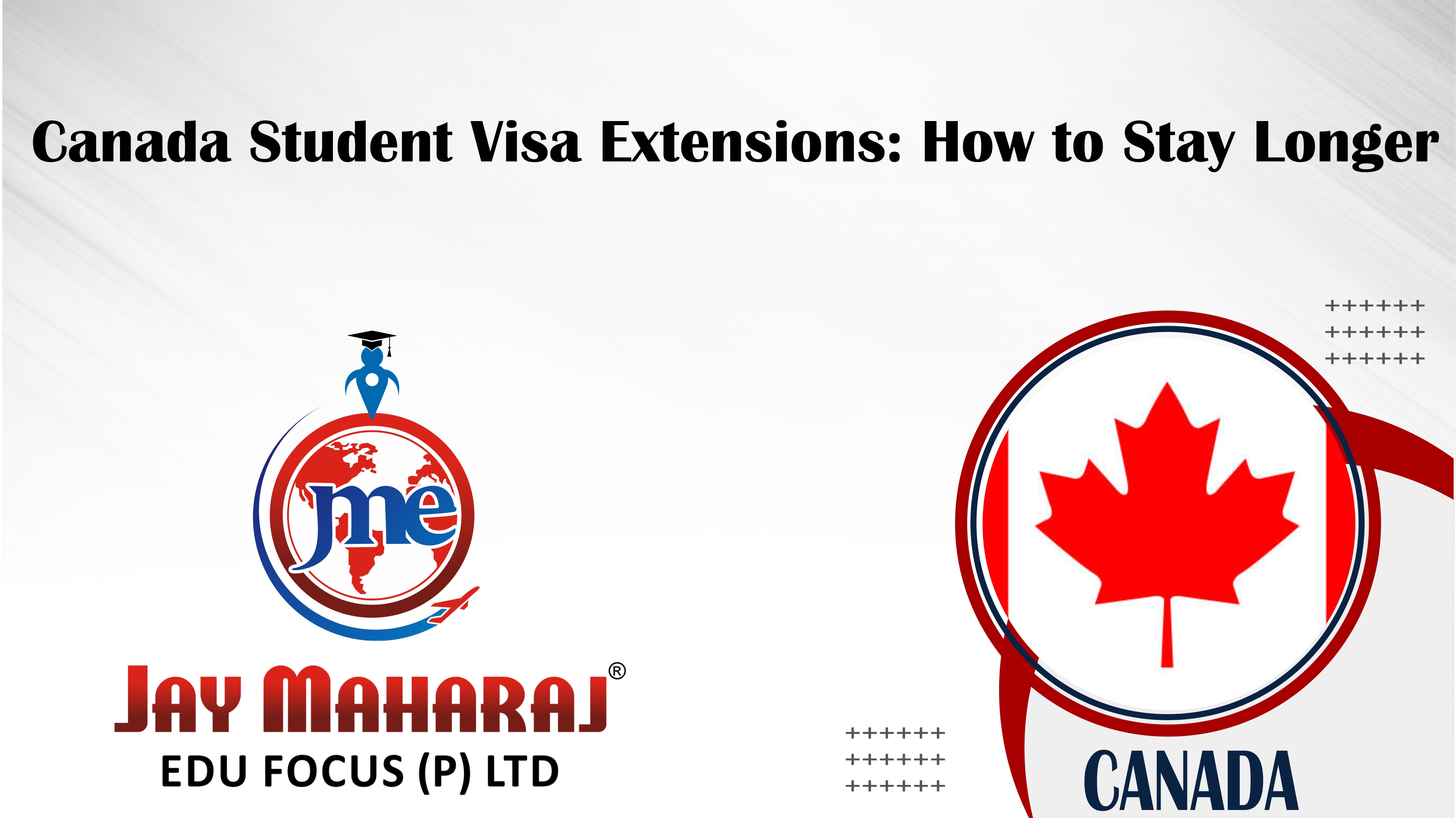How much will it cost to study in Canada?
How Much Will it Cost to Study in Canada?
Studying abroad can be an expensive affair but thankfully, Canada is one of the country where quality education is available, tuition rates lower than many other countries. But before you depart from India, ensure that you consider expenses like accommodation, food, health coverage, and travel along with your tuition fee when calculating the estimated cost of studying in Canada. This will help you plan your budget more effectively.
Compared to many countries, studying in Canada is very affordable. You will likely need between C$20,000 and C$30,000 annually to cover tuition fees. This range is an average only and will vary according to the institution and program in which you are enrolled. The costs for housing, food and other living expenses will depend on your location and your own needs, but C$15,000 annually is not an uncommon estimate.
Tuition Fees
Undergraduate Students
The average tuition fee in Canada for an international student in 2018/19 is estimated to be approximately US$20,000 per year. This means a total of US$60,000 for a three-year degree programmed and $80,000 for four years of study.
If you are looking to study arts or humanities subjects, such as Geography, Philosophy, English or Social Sciences, the tuition fee is likely to be slightly lower. Business courses are also in line with the national average in general, with fees close to US$20,000 per year.
To become a Bachelor of Science, in a subject such as Medicine or Engineering is the most expensive tuition fee option. Fees for these subjects are estimated to be approximately US$30,000 per year. Medical programmed are four years long, meaning a total of $120,000 in tuition fees for the full degree. This is something that must be carefully considered in advance of choosing the programmed and location of study.
University of Toronto
Tuition fees at the University of Toronto for an International students are often in line with or higher than the equivalent course cost for study in the US. In 2018/19, the cost of an Applied Science and Engineering degree tuition fee for an international student was US$41,000 while a Bachelor of Science in Nursing was US$38,900.
University of British Columbia
Tuition fees for an International students in 2018/19 ranged from US$28,600 to US$37,400. The cheapest tuition fee of US$28,600 was for courses in Arts, Fine Arts, Media and Social Work.
Brandon University
This University has one of the cheapest tuition fees for an International students averaged at US$6,800 per year.
Postgraduate Students
Postgraduate study tuition fees are generally lower than fees for undergraduate study in Canada. As with undergraduate studies, however, it will depend on the institution at which you are studying and the course on which you are enrolled.
The average tuition fees for postgraduate study is estimated to be approximately US$12,500 for the 2018/19 academic year of study. This is only a 1% increase from the previous year. Tuition fees for the 2019/2020 year of study would be US$12,625, if fees were to again increase by only 1%. However, the University of British Columbia claims that fees for continuing an International students rise on average 2% to 5% per year of study.
The tuition fees for most Master’s programmed are approximately US$23,000. However, you are looking to study an MBA program, be prepared to pay a higher fees. This is common in universities across the globe. Tuition fees for an International students studying on an MBA programmed in Canada are estimated at US$38,000.
Accommodation Costs
Most universities offer on-campus residences for students, some of them specifically for scholars from abroad. But acceptance at a Canadian School does not automatically mean you can get a room in residence. Students must apply separately for on-campus housing and its cost varies across institutions and will depend on whether or not you want a private room or a meal plan, for example.
Some international students choose to live off-campus in an apartment. Rent for a typical two-bedroom apartment in Canada averages $1,577 per month* but varies depending on the city or neighborhood and the type of accommodation. As a renter, may you also need to pay an additional monthly costs for Utilities such as an Electricity, Home Phone, Internet and Cable Television, as well as Personal Expenses and Renter’s Insurance. Some students share apartments or entire houses to reduce their housing costs, or they rent rooms in private houses, sometimes also paying for use of the kitchen.
|
Types of Accommodation |
Living costs (Per month/ Approx) |
|
Residence/Dormitory |
C$350-C$515 |
|
Off -Campus Rental Housing |
C$350-C$700 (shared apartment) |
|
|
C$500-C$1200 (single apartment) |
|
Homestay |
C$550-C$800 |
Food
In terms of financial priorities for an International student in Canada, expenses of food and health services feature right next to the accommodation expenses. The food costs fluctuate extremely depending on the eating habits and preference of cuisine for any student. On average meal in a Canadian restaurant costs about C$10 to C$15 for an individual. However, if a student prefers to eat a home-cooked meal, it will help him/her to maintain a stabilized budget. On an average, a student spends about C$1500–C$3000 per annum on food, considering the evident fluctuations in nutrition costs.
Clothing and Miscellaneous Expenses
International students, while estimating the cost of living in Canada should also set aside some amount for clothing and other miscellaneous expenses. Since Canada is a very cold country, students require essential clothing supplies. The temperature difference can adversely affect the student and their studies. Thus, C$900–C$1100 is usually spent on clothing in Canada.
There are yet other miscellaneous expenses the students need to keep in mind like Personal Leisure, Watching Movies, Taking part in various activities, etc.
About C$1000–C$2000 per annum is often spent by an International students on miscellaneous expenses and should be considered if the precise living cost in Canada is to be calculated.
Transportation Cost
Unless your institution provides with shuttle service from your lodging, you have to rely on the available public transport.
- For Short Distances
You can make use of regional trains, buses, and subways. Metropolitan cities like Toronto, Vancouver, and Montreal offer buses and subways. Smaller cities may or may not have subways, but you can always avail of buses, commuter trains or local taxi services. You can check the schedule on the web or in your phone book’s yellow pages or white pages with city government listings. This can range anywhere between C$80-C$110 for a month (indicative). It is a good idea to get monthly passes for commuting to college as they come in fairly cheap.
- Park and Ride Service
If you live far from the bus stop, some cities give you the option to drive down to a special parking area where you can park your car and then take a train or bus. You can also rent a car by getting an International driver’s license. Your commute expense will vary accordingly.
- For Long Distances
For traveling between different cities, you can avail of long-distance buses, railways, and flights.
Health Insurance
All International students in Canada must have Health Insurance and available Medical coverage varies from province to province. Alberta, British Columbia, New Brunswick, Newfoundland and Labrador and Saskatchewan cover an International students under their provincial health care plans, but coverage generally depends on the length of your stay.
Student Visa and Application Fees
International students require a student visa for the duration of their time studying in Canada if the length of the study period is to be six months or more. If the period of study is less than six months, no study permit is required. The visa or study permit costs is US$115. The same one-off charge applies to all International students on all courses in Canada.
Universities may also charge an Application Fees. The cost of the application fee will depend on both the university you are applying to and your home country. The University of British Columbia charges one-off application fees of US$122 for an International students. Some universities do not charge this fees for an International applicants from developing countries.










Comments